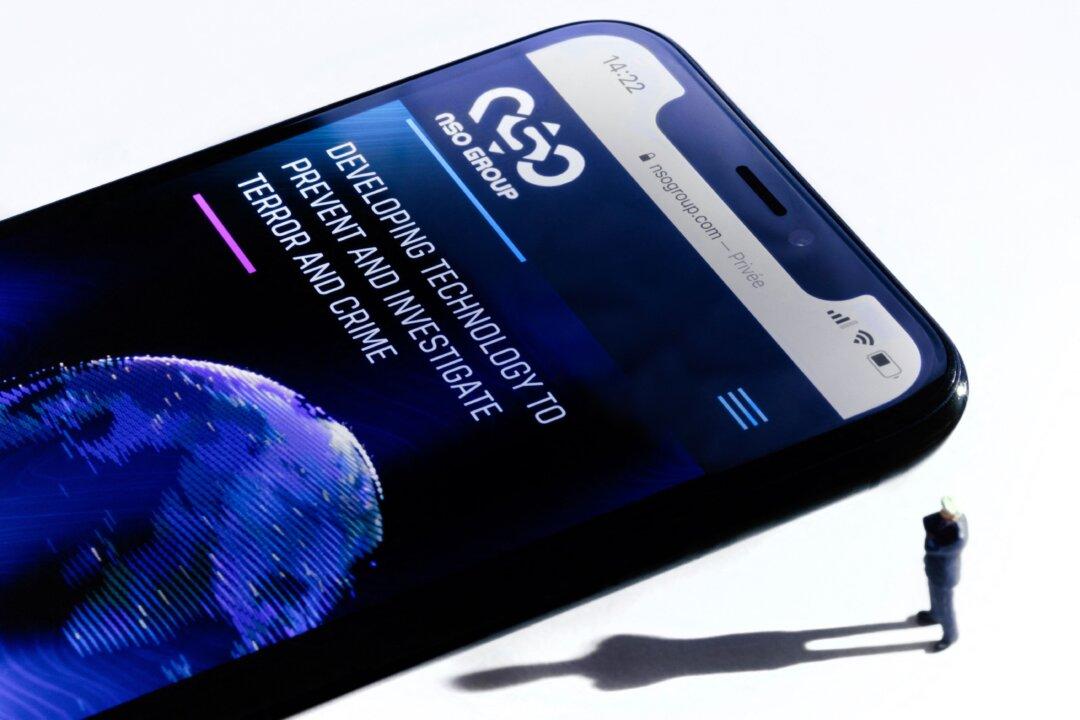Much attention has been paid recently to bombshell allegations that Israeli-created spyware may have been used to target journalists, dissidents, and other enemies of the state. But the Pegasus scandal is a mere microcosm of the larger issue of governments using private companies for surveillance operations.
On July 18, the Guardian and 16 other media outlets began publishing a series of stories about the Israeli-based NSO Group, alleging that foreign governments used the company’s Pegasus software to surveil at least 180 journalists and numerous other targets around the world.




